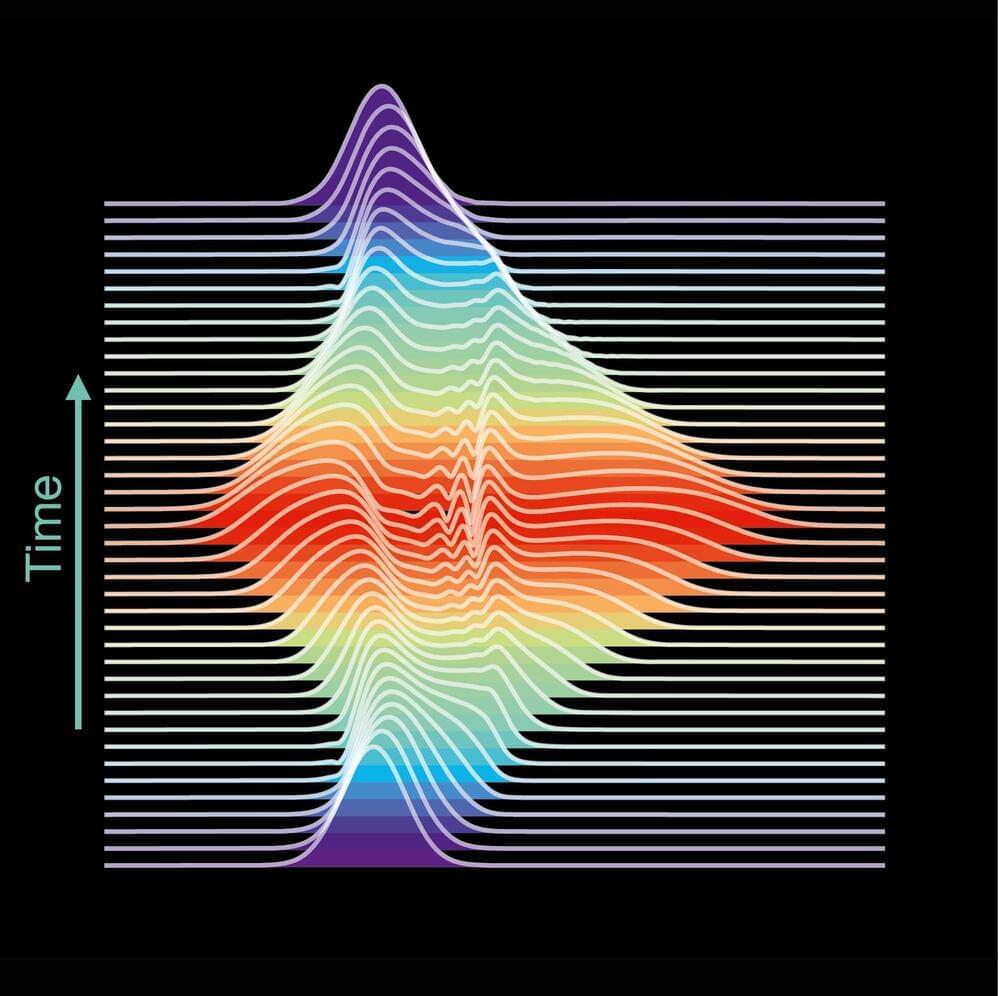Artificial intelligence not only affords impressive performance, but also creates significant demand for energy. The more demanding the tasks for which it is trained, the more energy it consumes.
Víctor López-Pastor and Florian Marquardt, two scientists at the Max Planck Institute for the Science of Light in Erlangen, Germany, present a method by which artificial intelligence could be trained much more efficiently. Their approach relies on physical processes instead of the digital artificial neural networks currently used. The work is published in the journal Physical Review X.
The amount of energy required to train GPT-3, which makes ChatGPT an eloquent and apparently well-informed Chatbot, has not been revealed by Open AI, the company behind that artificial intelligence (AI). According to the German statistics company Statista, this would require 1,000 megawatt hours—about as much as 200 German households with three or more people consume annually. While this energy expenditure has allowed GPT-3 to learn whether the word “deep” is more likely to be followed by the word “sea” or “learning” in its data sets, by all accounts it has not understood the underlying meaning of such phrases.
